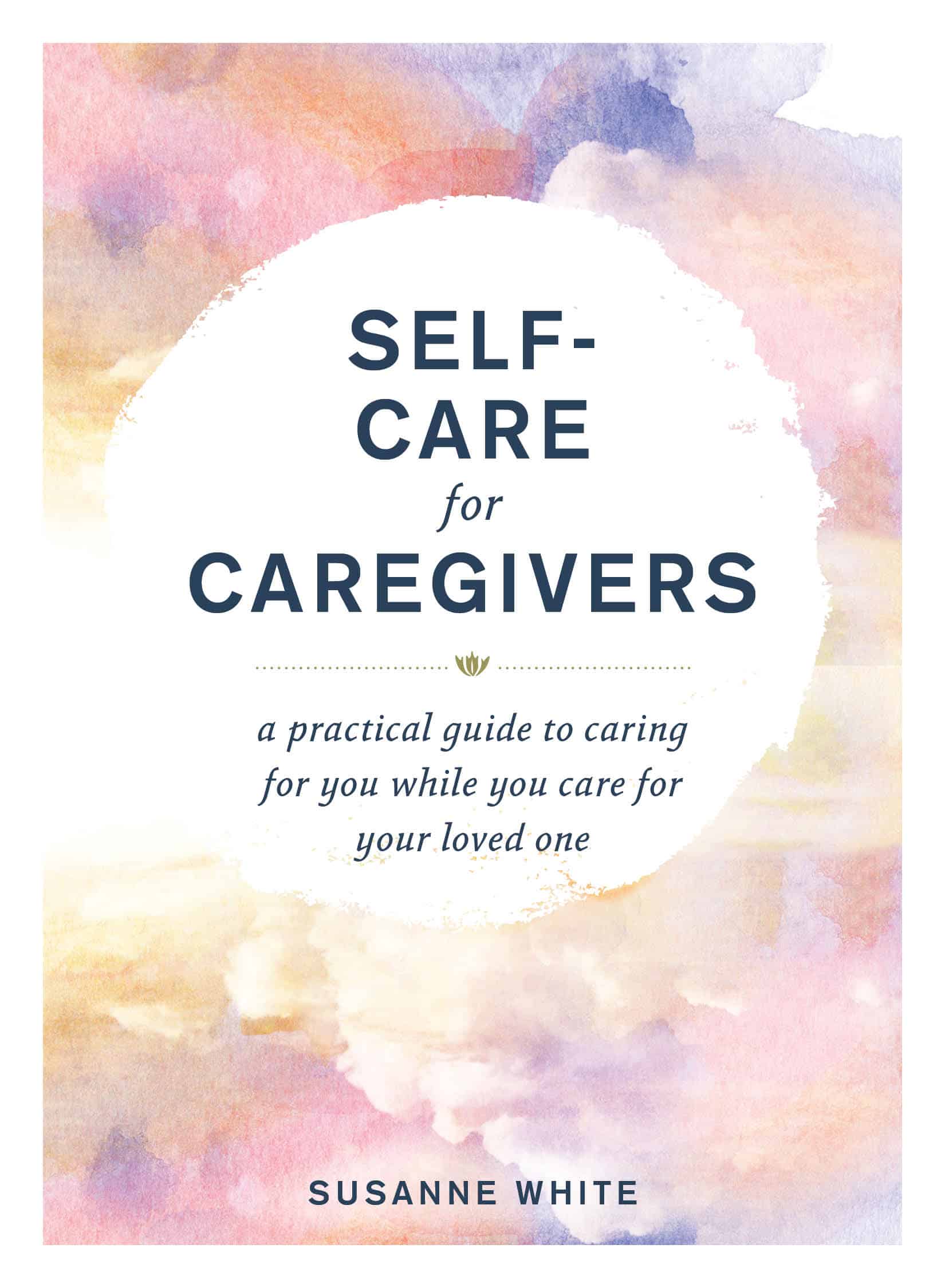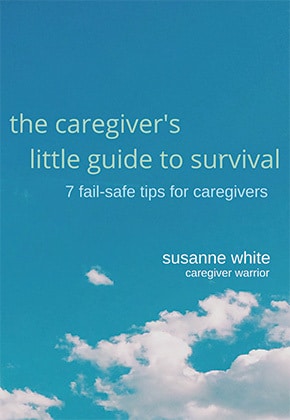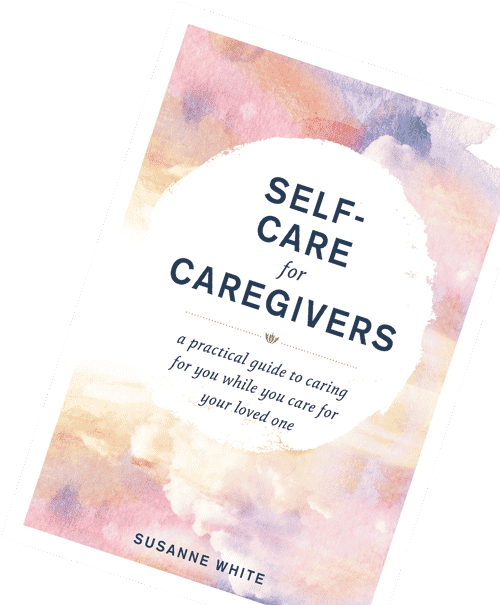I was a pushy Caregiver in the beginning. My default is to be controlling and demanding. I have lived this way for much of my life because it makes me feel safe. If I control everything and it’s done my way I think I can predict the outcome and influence what happens next. Caregiving gave me such anxiety that I ran around like a crazy person trying to control everything around me.
Not all aspects of being a pushy control freak are awful and the good side effect is my perseverance. They call me a pit bill. This was handy when I was battling the health care system or needed to be aggressive with the medical profession or facilities when making sure my parents got the best care possible. I was their advocate and voice and there were times when my silence would have cost them dearly.
However, being pushy and controlling around my parents and their home did nothing but create tension between us. We were all having a hard enough time adjusting to our role reversal and coming in like gangbusters wasn’t winning me any points or making anyone happy.
I had to learn to take it down a notch and by asking myself a few key questions, I started giving up control and we all began to relax and feel more comfortable. See if by asking the following questions, you fellow pushy, controlling caregivers out there can loosen up a little.
1. How important is it?
This became an extremely important question I began to ask myself. Once I answered it truthfully with empathy, I was able to let go of many of my demands. For instance, how important was it that my Mom eat exactly what and when I wanted her to? If she was more comfortable snacking on healthy stuff or even on unhealthy stuff if she wasn’t losing or gaining weight or affecting her sugar numbers who cares? If she didn’t want to shower right then and there, how important was it? We could approach it later. Why did everything have to be on my schedule? Obviously, time management is a great tool for caregivers but my inability to let go of what I had planned and be more flexible made things difficult and snarly.
2. Does it have to be said? Does it need to be said now? Does it need to be said by me?
These three questions go together. So often things would fly out of my mouth and would I would regret it almost immediately since it caused unnecessary conflict, concern or worry in my parents or myself. If I’m worked up about something and I feel the need to express myself to those I care for, asking myself these three questions makes me pause, really see if anything is gained by what I want to say and actually make see that what I think I need to say quite often doesn’t have to be said at all. What’s the point?
3. What’s really going on?
Lots of time, when I find myself being controlling or pushy and trying to force my opinion or will onto someone else or a situation, I’m doing it because I’m anxious or scared. Sometimes my concern for those I love causes me to hover over them or try to push them into doing something my way. My way is not the only way, and quite often it’s not the best way. When I asked myself what I’m really feeling or what is motivating me to be so adamant about something, I could sometimes see that I’m only acting this way out of fear or worry. When I worked with my loved ones as a team, allowing us to work together to figure it out, we could all relax and feel good about whats going on.
Having these questions is my emotional health toolbox made me turn from an unrelenting pushy Caregiver to a more understanding, empathetic one. I was more pleasant to be around, my parents felt more respected and acknowledged, and we have a more peaceful household. Having a cooperative and calm environment leads to greater comfort and healing.
Your feedback means the world to me, Let me know below in the comments below if you find these questions helpful or if you too have great questions in your secret arsenal!










As caregiver to my mom for the last 6 years of her life, I totally get this. Being a caregiver is such a conflicting task. We want to do the best for our loved one, but sometimes we also have to step back and let them choose their path. Especially when we are caring for our parents. Finding that happy medium between helping them when they need it (and want it) and not treating them like a child is very difficult. Being mom’s caregiver was difficult at times but also rewarding. I am glad that I was able to help her through her 6 year journey. She gave me life and she helped me for so long. I was glad to be there for her.
You are so right! Giving them help without treating them like children rings so true to me. My Mom was so proud and if she thought I was helping her she was so upset. It’s a major balancing act! God Bless you for being such an amazing Caregiver Warrior!
How do you respond when your 95 yr old parents ask about their parents who died when I was a child?
It was helpful to me when someone explained that as my Mom’s dementia progressed, her memories would be erased backwards. It was as if she became younger and younger in her mind. When she was asking for her parents it might indicate that she was fearful or uncomfortable and was looking to be reassured. I would try to soothe her or distract her or ask her questions about her parents as I would a child. My Nana would sing in the kitchen and this conversation always made my Mom laugh. I learned the hard way not to correct or argue that her parents were gone and validate and comfort her instead as much as I could. God bless you for taking such great care of your Mom.
As a caregiver to my husband, this was a problem in the early days of his illness. I was terrified of being left alone. He doesn’t always follow doctors’ recommendations. I tried to make him do what I thought was right but you can’t make people do what they don’t want to do and it isn’t right to try. What’s more, sometimes he was right and I was wrong. Sometimes he was right and doctors were wrong. Now I try to get over fear and accept that I’ll probably be left alone. That’s life. More husbands go first than wives and being bossy is unlikely to change that.
Jane, I applaud you! Getting over the fear of being a caregiver and being alone is no easy feat. Courage is being afraid but moving forward anyway. I will tell you that all the things I worried about when caring for my family never happened. Other things happened but none of the things I worried about. It was an important lesson. I think you are so brave. A true Caregiver Warrior!